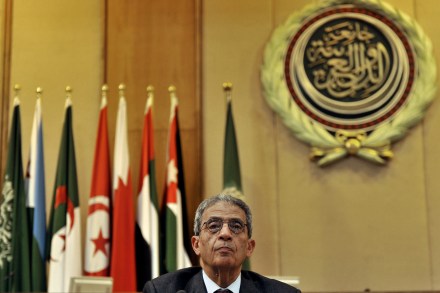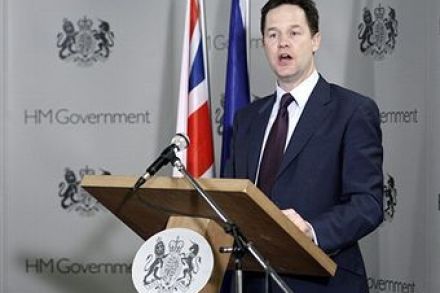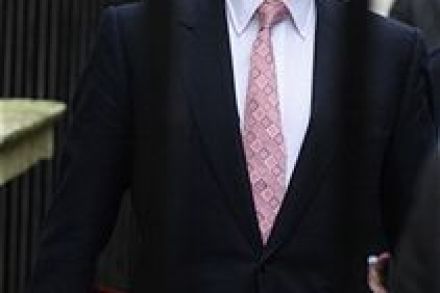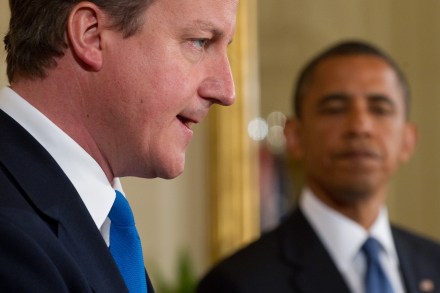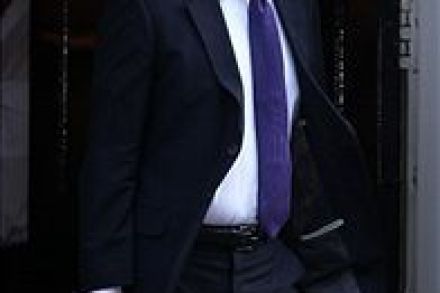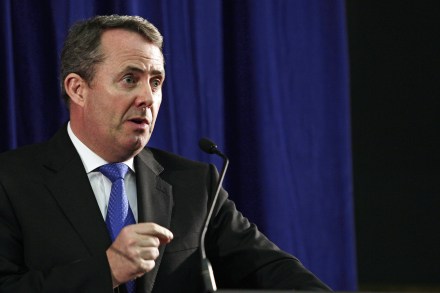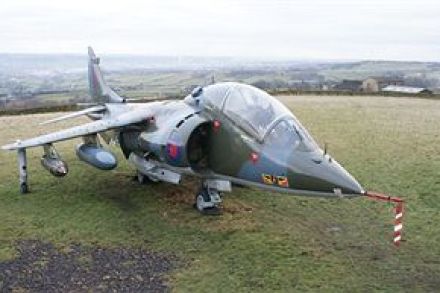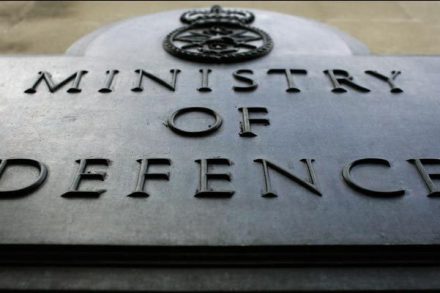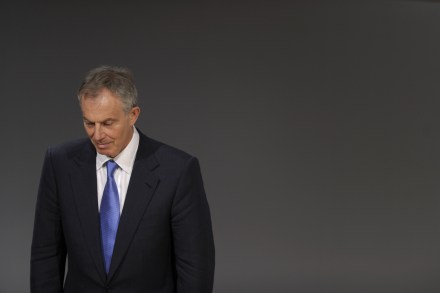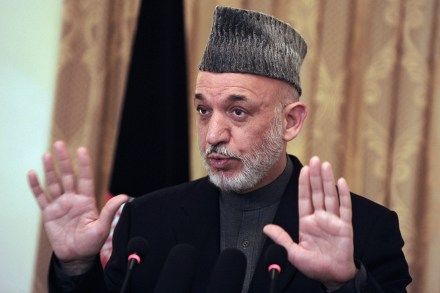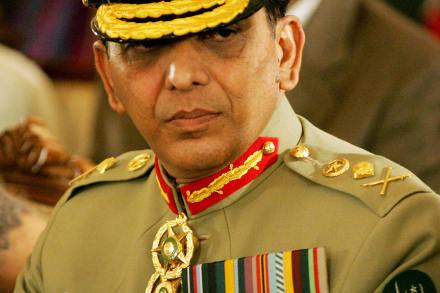The Arab League adds its weight to the calls for a no-fly zone
We’re pushing for a no-fly zone. France is pushing for a no-fly zone. And now the Arab League is pushing for a no-fly zone too. The news fresh out of Cairo is that the organisation has voted in favour of restricting airspace above Libya. It will now push the UN to do the same, which is a considerably more proactive than the stance it adopted earlier this week. While one vote doesn’t really seal anything, this is potentially a crucial moment. NATO has made regional support a key condition of a no-fly zone – and now it has it, officially. Those who have been sniffing around for alternatives to the
